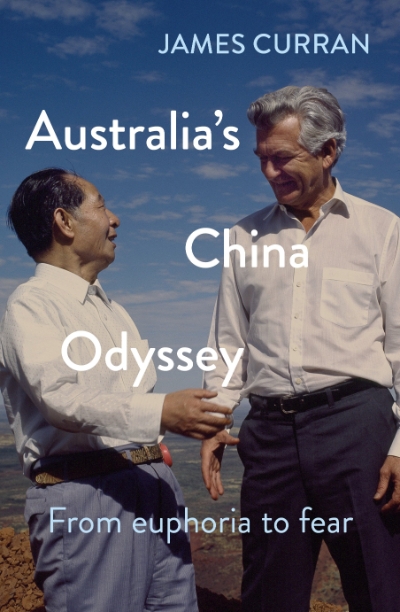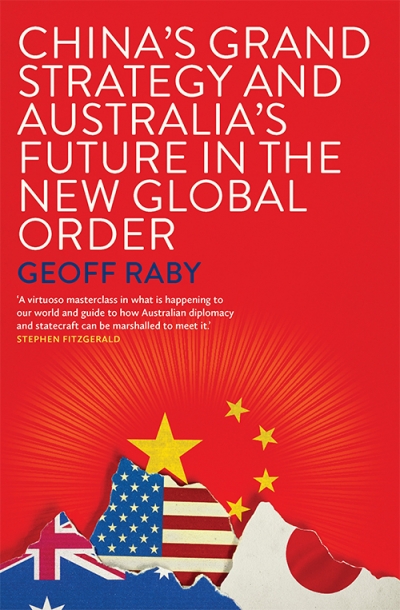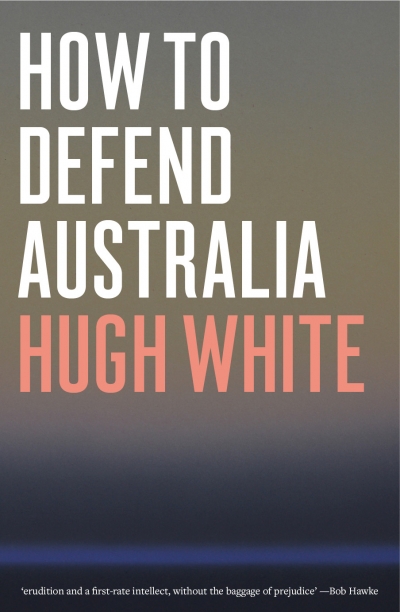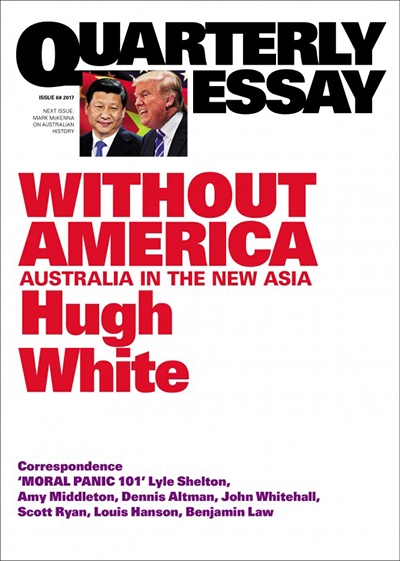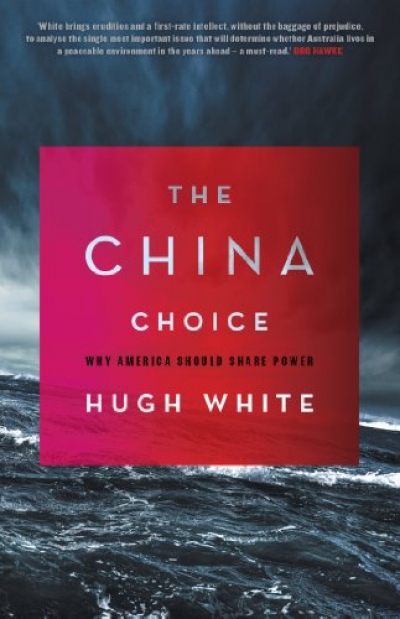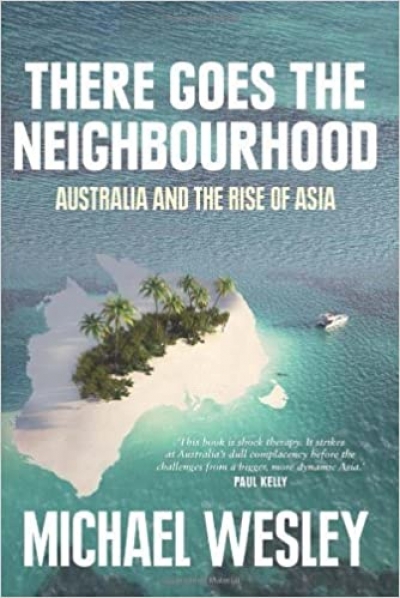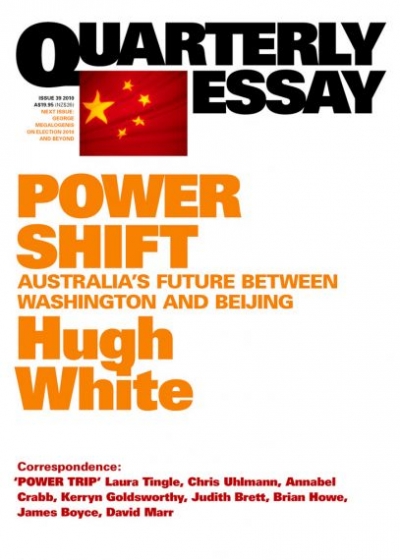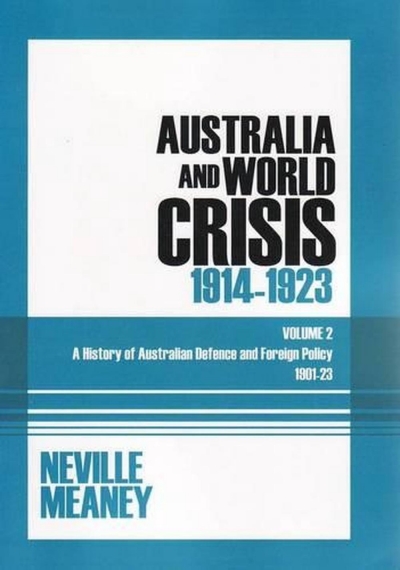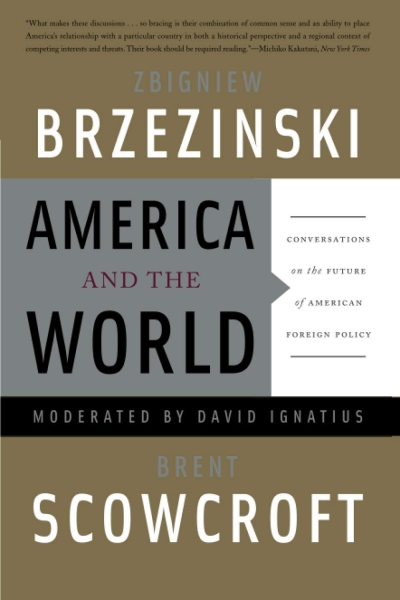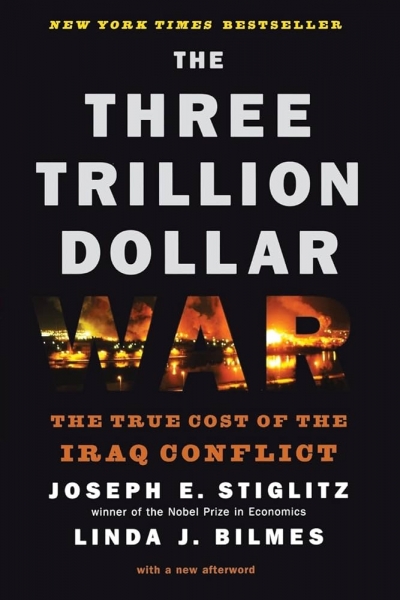Hugh White
Australia’s China Odyssey: From euphoria to fear by James Curran
by Hugh White •
China’s Grand Strategy and Australia’s Future in the New Global Order by Geoff Raby
by Hugh White •
Without America: Australia in the New Asia (Quarterly Essay 68) by Hugh White
by David Brophy •
The China Choice: Why America Should Share Power by Hugh White
by Nick Bisley •
There Goes the Neighbourhood: Australia and the Rise of Asia by Michael Wesley
by Hugh White •
Power Shift: Australia’s Future between Washington and Beijing (Quarterly Essay 39) by Hugh White
by Alison Broinowski •
A History of Australian Defence and Foreign Policy 1901–23: Volume Two – Australia and World Crisis, 1914 – 1923 by Neville Meaney
by Hugh White •
America and the World: Conversations on the future of American foreign policy by Zbigniew Brzezinski and Brent Scowcroft, moderated by David Ignatius
by Hugh White •
The Three Trillion Dollar War: The true cost of the Iraq Conflict by Joseph Stiglitz and Linda Bilmes
by Hugh White •

